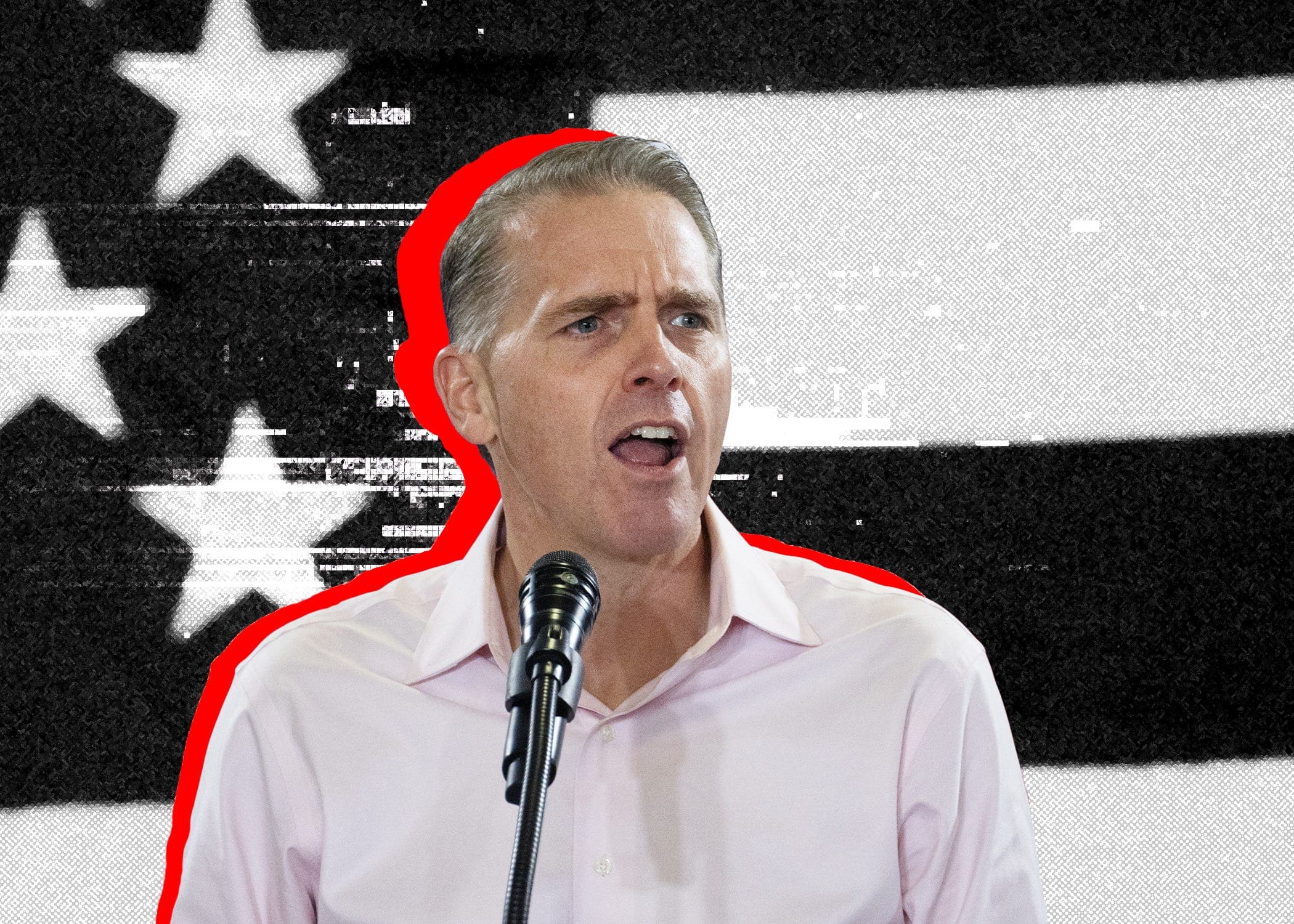Political Commentator Scott Jennings's Elite Institutional Ties Under Scrutiny

Political commentator Tim Miller has drawn attention to what he describes as Scott Jennings's "fixation on associating himself with elite, purportedly liberal institutions." The observation, shared by Miller on social media, highlights Jennings's career trajectory and his engagements with prominent organizations such as Harvard University and CNN. Miller, a former Republican political consultant and current writer-at-large for The Bulwark, made the comment as part of a broader critique of Jennings's evolving political stances.
The tweet, which states, > "What stood out to me as I started to get to know Jennings was his fixation on associating himself with elite, purportedly liberal institutions," underscores a perceived strategic alignment rather than ideological conviction. Jennings, a conservative strategist and CNN commentator, has held teaching positions at Harvard Kennedy School and serves as a regular on-air analyst for CNN. These roles, according to Miller, appear to be central to Jennings's professional ambitions.
Jennings's background includes serving in the George W. Bush administration and working on major Republican campaigns. He became a contracted CNN commentator prior to his Harvard appointment, a move Miller suggests was part of a deliberate effort to gain visibility and legitimacy within mainstream media and academic circles. Miller's analysis points to a pattern where Jennings, despite publicly criticizing institutions like Harvard for their perceived liberal bias, continues to leverage his affiliation with them.
The criticism from Miller, a vocal "Never Trump" Republican, comes amid broader discussions about the role of conservative voices in mainstream media and academia. Miller's article in The Bulwark elaborates on how both Harvard and CNN have seemingly accommodated figures like Jennings, potentially compromising their stated values for perceived balance or strategic advantage. This dynamic raises questions about the motivations behind such institutional affiliations and their impact on journalistic integrity and academic discourse.
Jennings's recent shift toward a more staunchly pro-Trump stance, despite earlier criticisms of the former president, further fuels Miller's argument. This evolution, particularly his downplaying of events like January 6th after initially condemning them, suggests a pragmatic approach to political commentary driven by career advancement. Jennings has also reportedly expressed interest in pursuing political office, contingent on securing support from figures like Donald Trump, indicating continued ambition within the conservative political landscape.